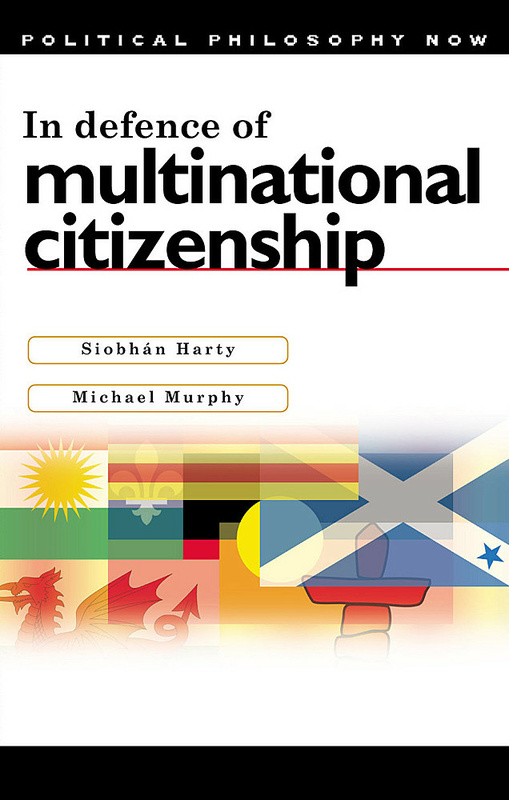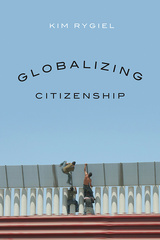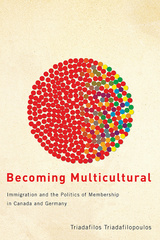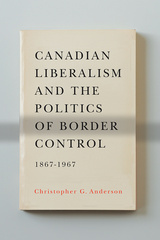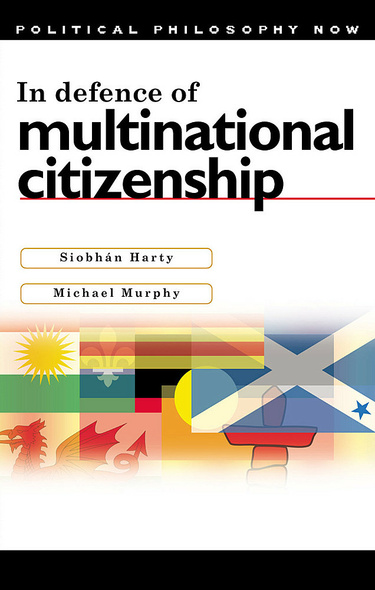
At the beginning of the 21st century, there is a pressing need todevelop new forms of citizenship to meet demands for self-determinationadvanced by substate nations and indigenous peoples. In Defence ofMultinational Citizenship responds to this challenge by making acompelling case for a new form of multinational citizenship. Such aconception would provide equal recognition to the citizenship regimesof state and substate nations through a democratic argument forself-determination at the substate level, and a revised conception ofstate sovereignty that is divided and shared.
Drawing from both existing liberal nationalist and cosmopolitantheories of citizenship and self-determination, as well as selectedcase studies of self-determination within multinational states, SiobhánHarty and Michael Murphy have crafted an alternative multinationalmodel of citizenship that puts forth guidelines for how often competingnations can coexist peacefully within the borders of a state.
A sharp and insightful book, In Defence of MultinationalCitizenship will have much to offer nationalist and Aboriginalleaders, academics, and policy makers who study the issue of justiceand equality in multinational states.
Harty and Murphy delineate a strong case for differentiated citizenship. Reading a book like this from within a country (India) ... the Harty-Murphy exposition has relevance, immediacy, and a touch of poignancy ... Doubling as a useful primer to, and a pertinent critique of, one of the most important socio-political and cultural debates of the age, In Defence of Multinational Citizenship is a work that will interest a range of scholars from the social sciences and the humanities.
In Defence of Multinational Citizenship is the first comprehensive account and defence of democratic citizenship in multinational societies. An ideal undergraduate textbook, it is also a must-read for anyone wishing to understand the internal plurality of contemporary societies.
Table of Contents
Preface
Chapter 1. Citizenship and Belonging
Chapter 2. Citizenship in Multination States: HistoricalPrecedents
Chapter 3. Liberal Nationalism
Chapter 4. Multinational Citizenship
Chapter 5. Multinational Citizenship and Demands forSelf-determination
Chapter 6. Postnational Alternatives
Conclusion

